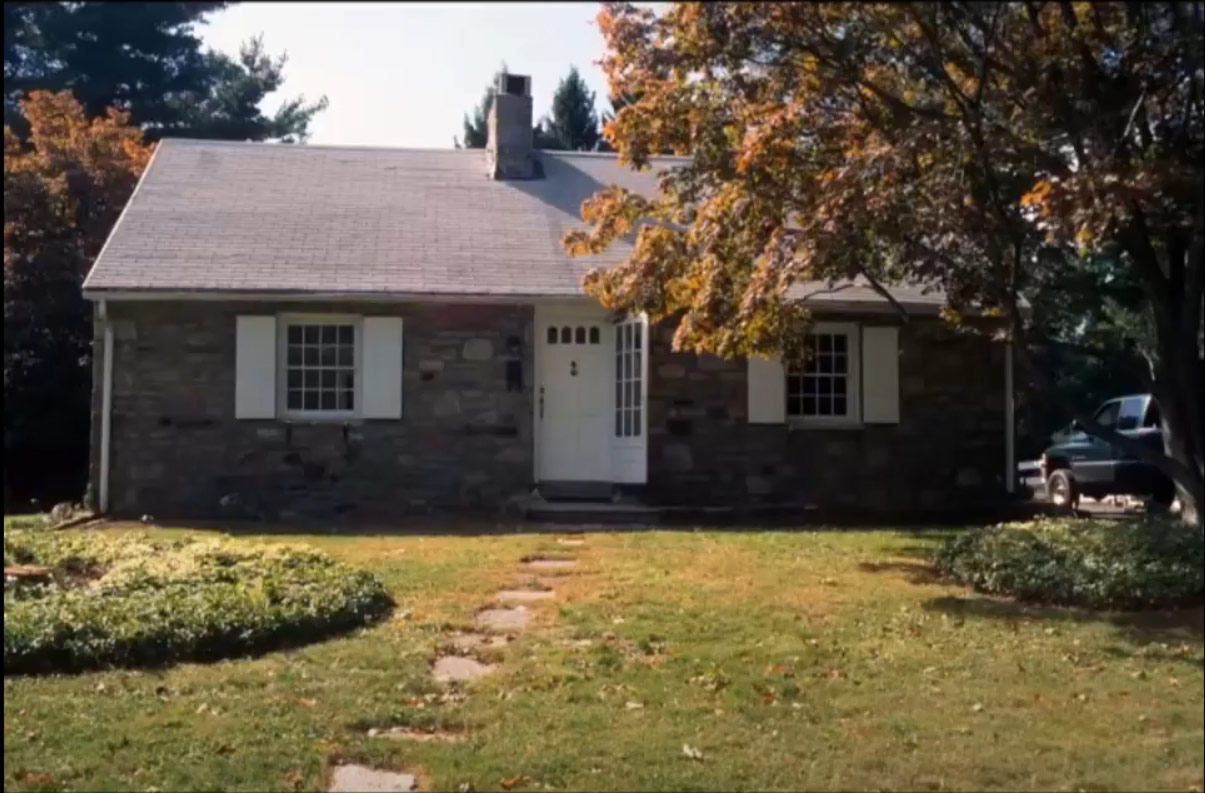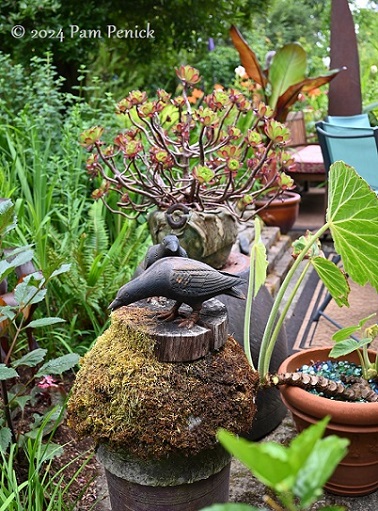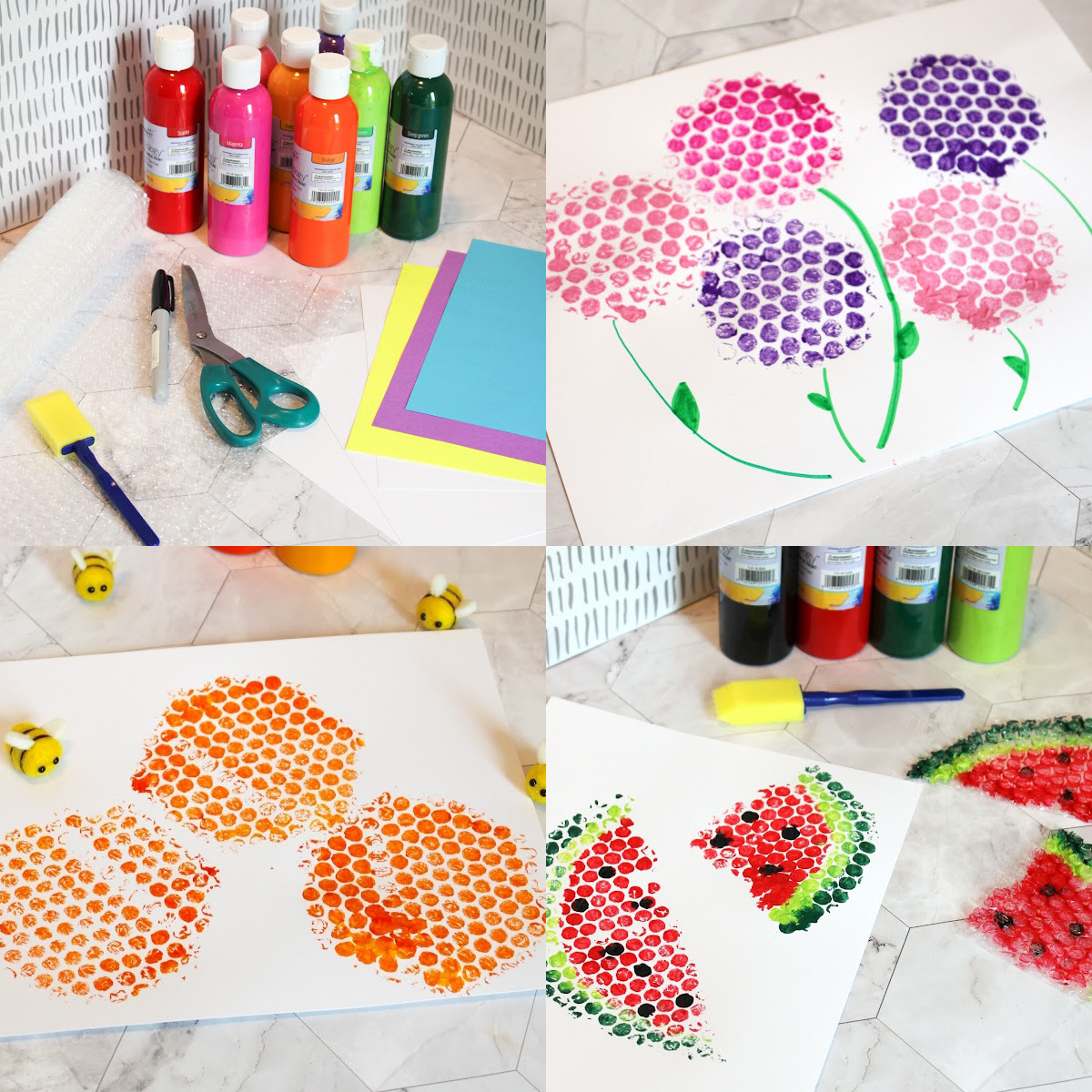HVAC systems are central to maintaining comfort in homes and offices, regulating temperature, and ensuring proper air circulation. However, when an HVAC system starts making unusual noises, it can be a sign of mechanical issues, potential malfunctions, or the need for maintenance. Understanding the causes behind these sounds is essential for timely interventions and to prevent more significant damage.
Taking an active role in monitoring your HVAC system’s health can extend its life and enhance efficiency. To assess the air quality and the system’s impact on it your environment, consider utilizing tools like the free air quality quiz. This can provide valuable insights into how your system might affect your indoor air.
But before that, continue reading this article to learn why your HVAC system is making strange noises.
Common Types of HVAC Noises and Their Causes
HVAC systems can emit various noises, indicating potential issues. Below are the following common types of HVAC noises and their causes:
Banging or Clanking
When an HVAC system emits banging or clanking sounds, it usually indicates that a mechanical component is loose or out of balance. This problem can arise from various elements within the system, such as loose screws, bolts, or unsecured fan blades. These components can shift during operation, causing unsettling noises.
If not addressed quickly by tightening or realigning these parts, the continuous movement can lead to increased wear and tear, potentially causing further damage to the system, which may necessitate more extensive repairs.
Whistling or Hissing
Whistling or hissing sounds in an HVAC system generally signal issues within the ductwork, such as leaks, blockages, or pressure imbalances. Leaks can allow air to escape, reducing the system’s efficiency and causing it to work harder to maintain temperature, thus increasing energy consumption and costs.
Blockages or constrictions can disrupt air flow, leading to uneven heating or cooling in different building parts. Addressing these issues promptly can help restore proper airflow and system efficiency.
Rattling
Rattling noises from an HVAC system are commonly caused by debris like sticks, leaves, or small objects that have found their way into the ductwork or the central unit. These materials can be pulled into the system through external vents or accumulate over time.
Regular maintenance and cleaning, including checking and clearing the external and internal pathways, can prevent such debris from affecting the system’s operations. Keeping the system clean enhances its efficiency, longevity, and reliability.
Humming
While sometimes normal, humming noises in an HVAC system can indicate electrical issues if they are loud or persistent. Problems such as failing motors, loose wiring, or defective capacitors are common culprits. These components are crucial for the system’s effective operation and, when malfunctioning, can pose safety risks and functional issues.
Having these electrical components checked by a professional to diagnose and resolve the issue effectively is essential, as this ensures the system’s safety and operational integrity.
Squealing or Screeching
Squealing or screeching sounds from an HVAC system are frequently linked to issues with belt-driven components, such as the blower motor. These belts can wear out or loosen over time, leading to a high-pitched squealing noise. Replacing the belts is often a relatively simple and low-cost solution.
Regular inspection and timely replacement of worn belts can prevent this disruptive noise and help maintain the system’s smooth and efficient operation, avoiding more significant complications down the line.

Diagnostic Approaches
Identifying the noise source in an HVAC system can sometimes be straightforward, but it often requires a more meticulous approach. Here’s how you can start diagnosing and addressing strange noises from your HVAC unit:
Visual Inspection
Begin by visually inspecting the system. Check for any signs of physical damage or loose components causing the noise. Ensure all screws and brackets are tight and that the components are in their correct positions.
Professional Assessment
Consulting a professional HVAC technician is recommended for noises that are not easily identifiable or when DIY solutions do not resolve the issue. Technicians can thoroughly examine the system and pinpoint the exact cause of the noise. Their expertise also allows them to recommend the most effective repairs or adjustments.
Regular Maintenance
Regular maintenance is key to preventing unexpected noises and other issues with an HVAC system. This includes routine cleaning, replacing filters, checking refrigerant levels, and properly calibrating the system. Scheduled maintenance keeps the system running smoothly and identifies potential issues before they become serious problems.
The Importance of Timely Repairs
Prompt attention to unusual noises in an HVAC system is vital for preventing their escalation into more severe problems. Neglecting these audible warnings can result in extensive damage, necessitating costly repairs or even leading to the system’s total failure. Timely intervention can help preserve the system’s functionality and uphold optimal air quality within the space.
Moreover, an efficiently running HVAC system consumes less energy, lowering utility bills. Addressing issues as soon as they arise saves money in the long run and ensures that the system continues to provide a comfortable and healthy indoor environment.
Conclusion
Strange noises from an HVAC system should never be ignored. They are often the first signs of wear, misalignment, or malfunction within the system. You can proactively address issues early by understanding the common types of noises and their causes. Regular maintenance and timely professional assessments will help extend the system’s life, enhance its performance, and ensure a comfortable indoor environment. Remember, the health of your HVAC system directly impacts the quality of your indoor air and your overall comfort.




